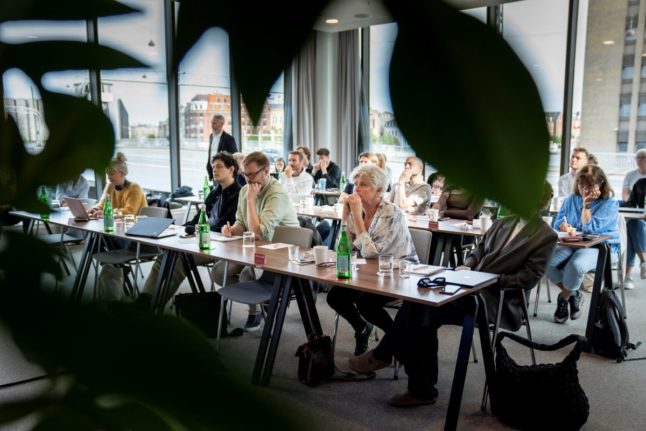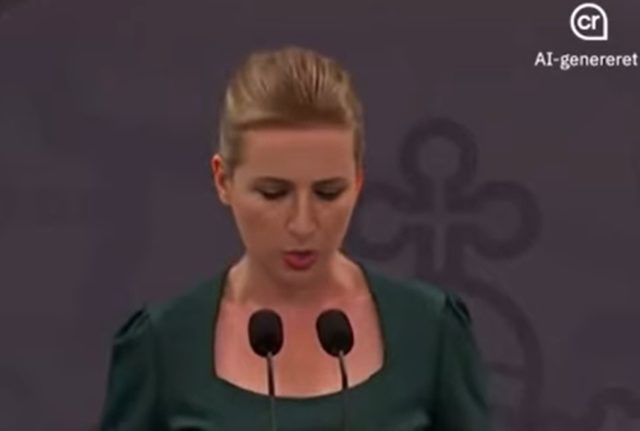Fully sixteen out seventeen members of the committee concluded in a report that it was “in principle impossible to establish proper regulation of euthanasia”, and as a result recommended that the law in Denmark should not be changed to allow people suffering mental or physical distress to receive help to end their own lives.
“The very existence of an offer of euthanasia will decisively change our ideas about old age, the coming of death, quality of life and what it means to take others into account,” they wrote in the full report. “If euthanasia becomes an option, there is too great a risk that it will become an expectation aimed at special groups in society.”
The council’s verdict is likely to strongly reduce the chance that parliament votes for Denmark to follow The Netherlands, Switzerland, Belgium, Portugal, Spain and some states in the US and legalise euthanasia.
Denmark’s Prime Minister Mette Frederiksen brought the issue back onto the agenda in June when she said that she, herself, might be in favour of a law allowing some people to choose to end their own lives.
Only one member of the Ethics Council, Birgitte Arent Eiriksson, director of the legal think tank Justitia, argued that there was a place for euthanasia, arguing that some patients could not be helped with pain medication, leaving them facing years of constant suffering.
“There is a group of people who cannot be helped with pain-relieving treatment. These are people who, for example, have been exposed to an accident or suffer from a chronic illness which causes them to suffer unbearably,” she told the Ritzau newswire after the ruling. “I think it will create a great sense of security in the population if you know that if you get into that situation, you can decide for yourself about this,” she said.
However, even she stressed that that euthanasia should only be legalised if there was sufficiently strong regulation in place, and called for further debate on the circumstances in which it should be allowed and how the process should be regulated.
“It must be an assessment based on some objective and subjective criteria. It is of course important that it is fenced in in a proper way, and I am very interested in us investigating that,” she said.
After the council’s ruling, spokespeople from each of the three parties in Denmark’s ruling coalition said that their parties would not be taking a position on the issue.
“The prime minister has expressed her own position, and now we need to have a discussion of the whole issue as this is a subject with a lot of ethical dilemmas,” Flemming Møller Mortensen, health spokesperson for the Social Democrats said, adding that he believed parliament should hold a free vote on the issue with no party lines.
Monika Rubin, health spokesperson for the Moderate Party, said that she wanted to broaden the discussion to also cover shortcomings in the way chronic pain is treated. “This is also about the health care system that we have today. And as it is right now, we need to get better at pain relief,” she said.
Sophie Løhde, Denmark’s health minister, who comes from the Liberal Party, told Ritzau in a written comment that she hoped the debate would lead to a discussion in parliament on a “Danish model for a more dignified death”.



 Please whitelist us to continue reading.
Please whitelist us to continue reading.
Member comments